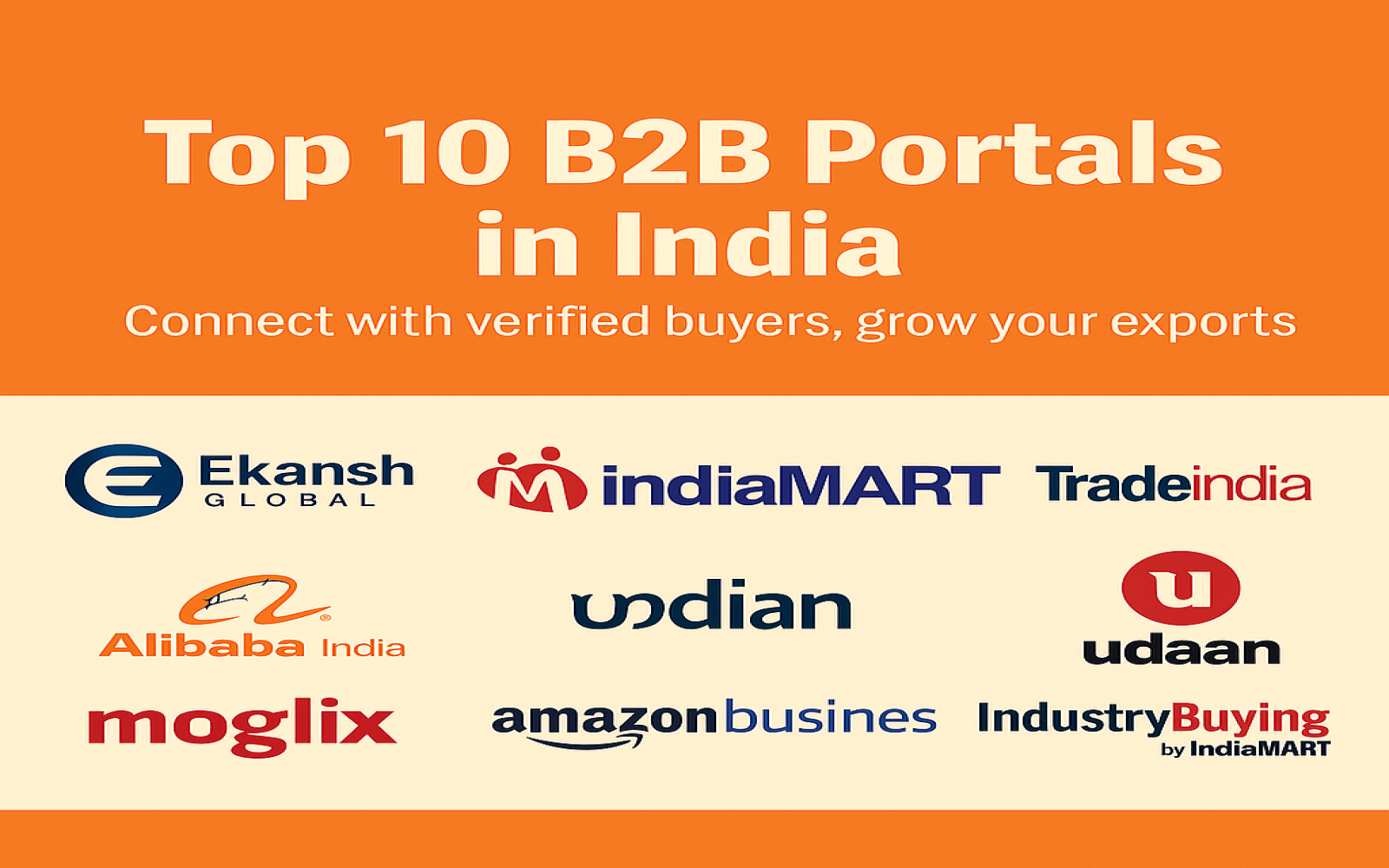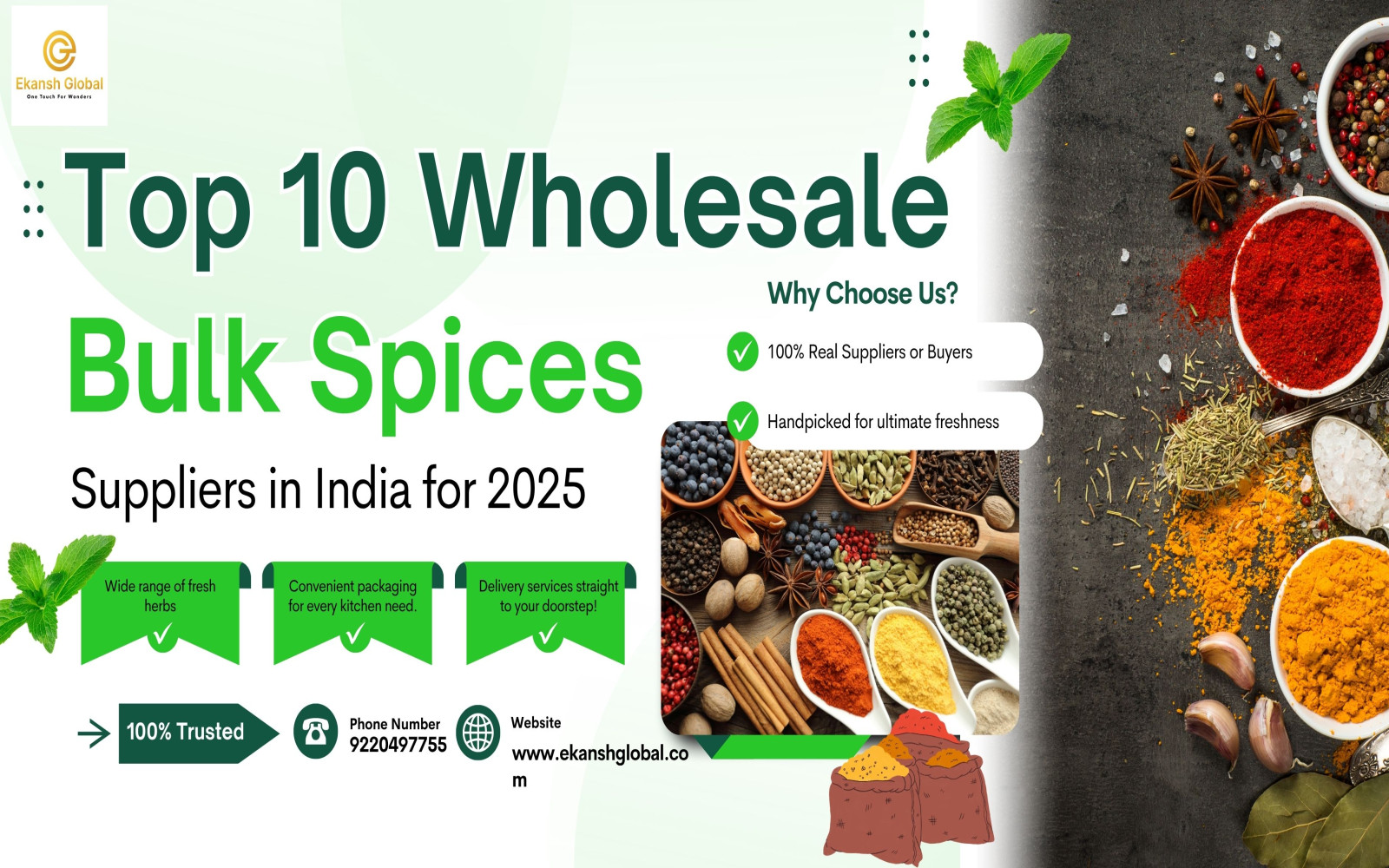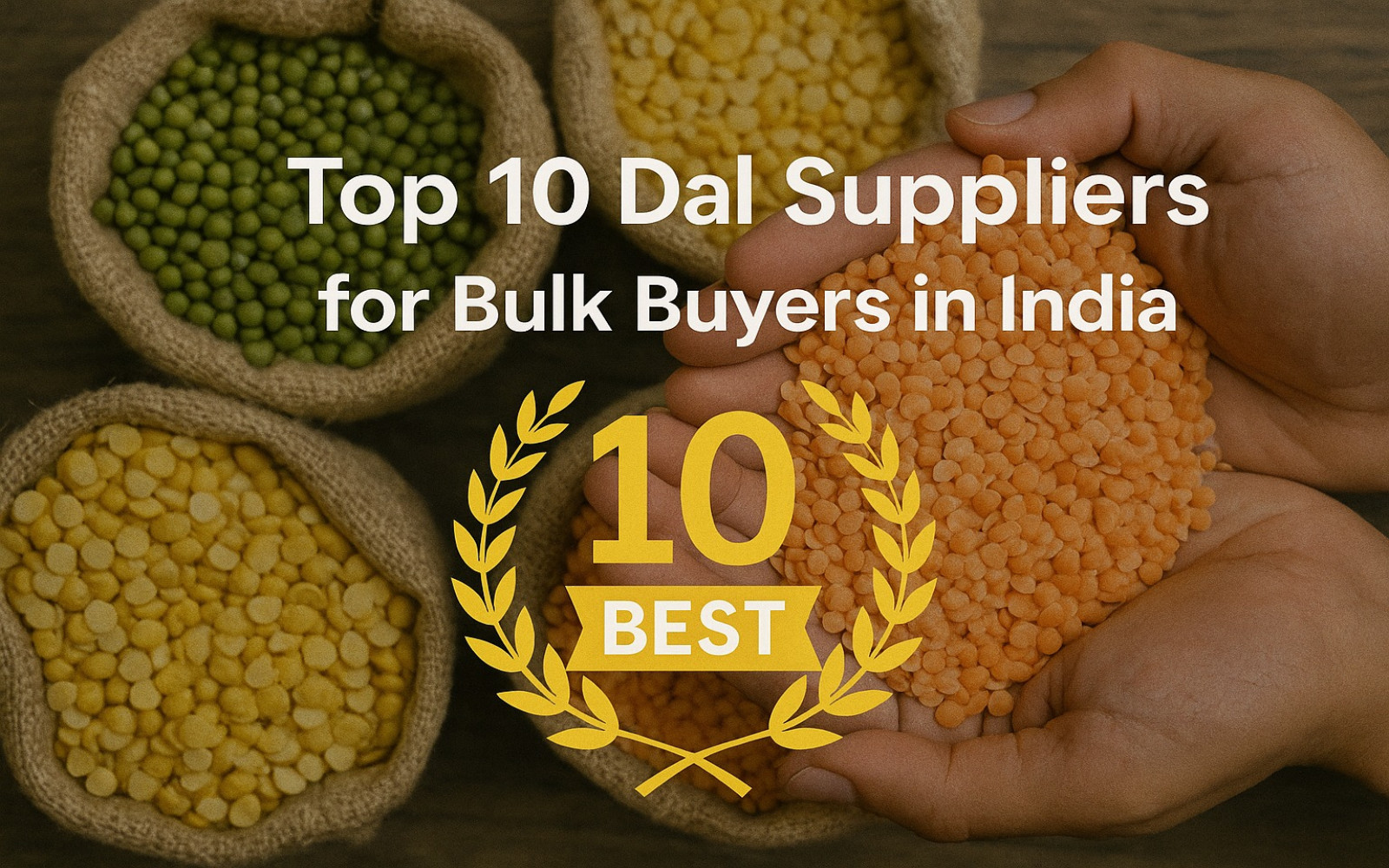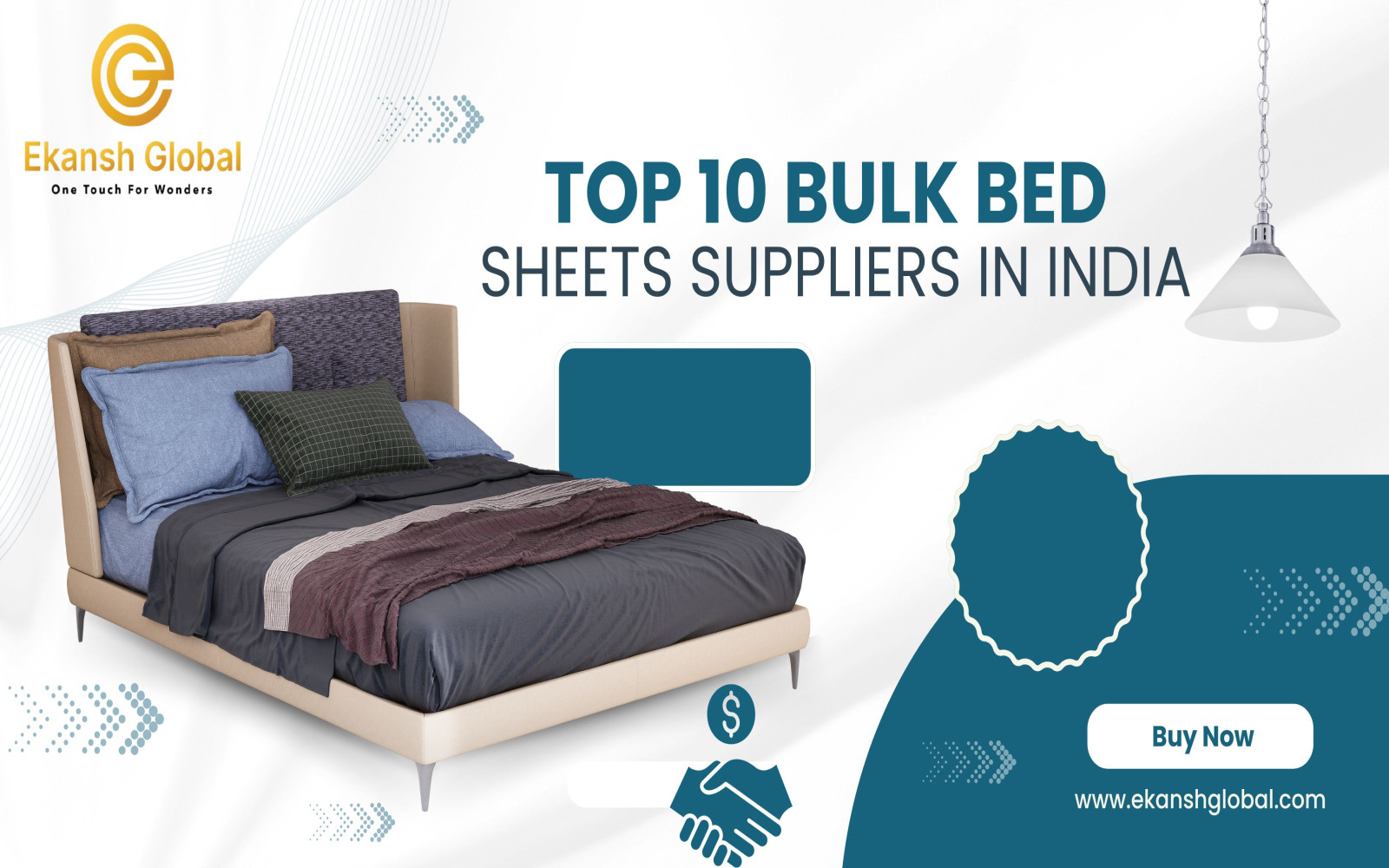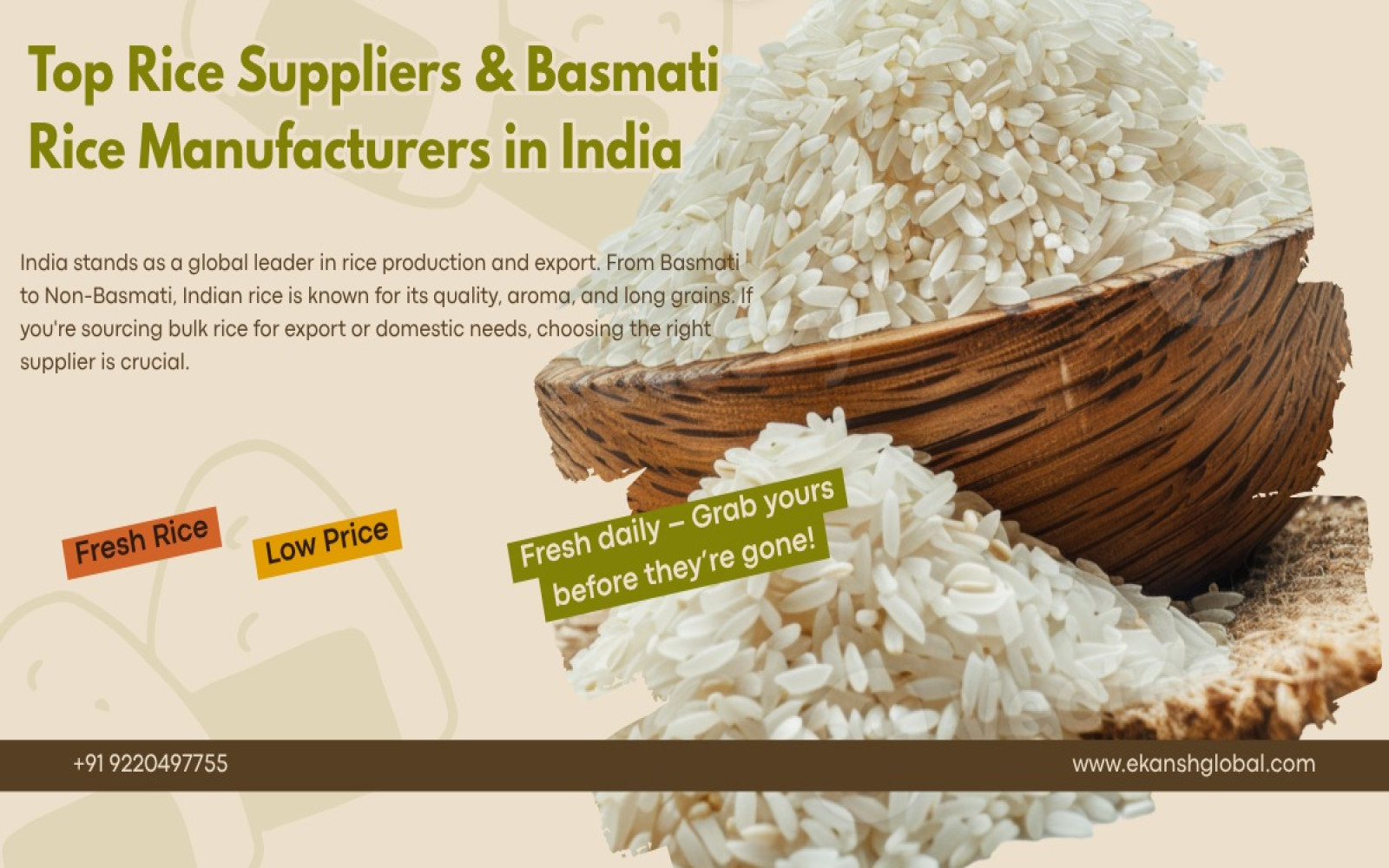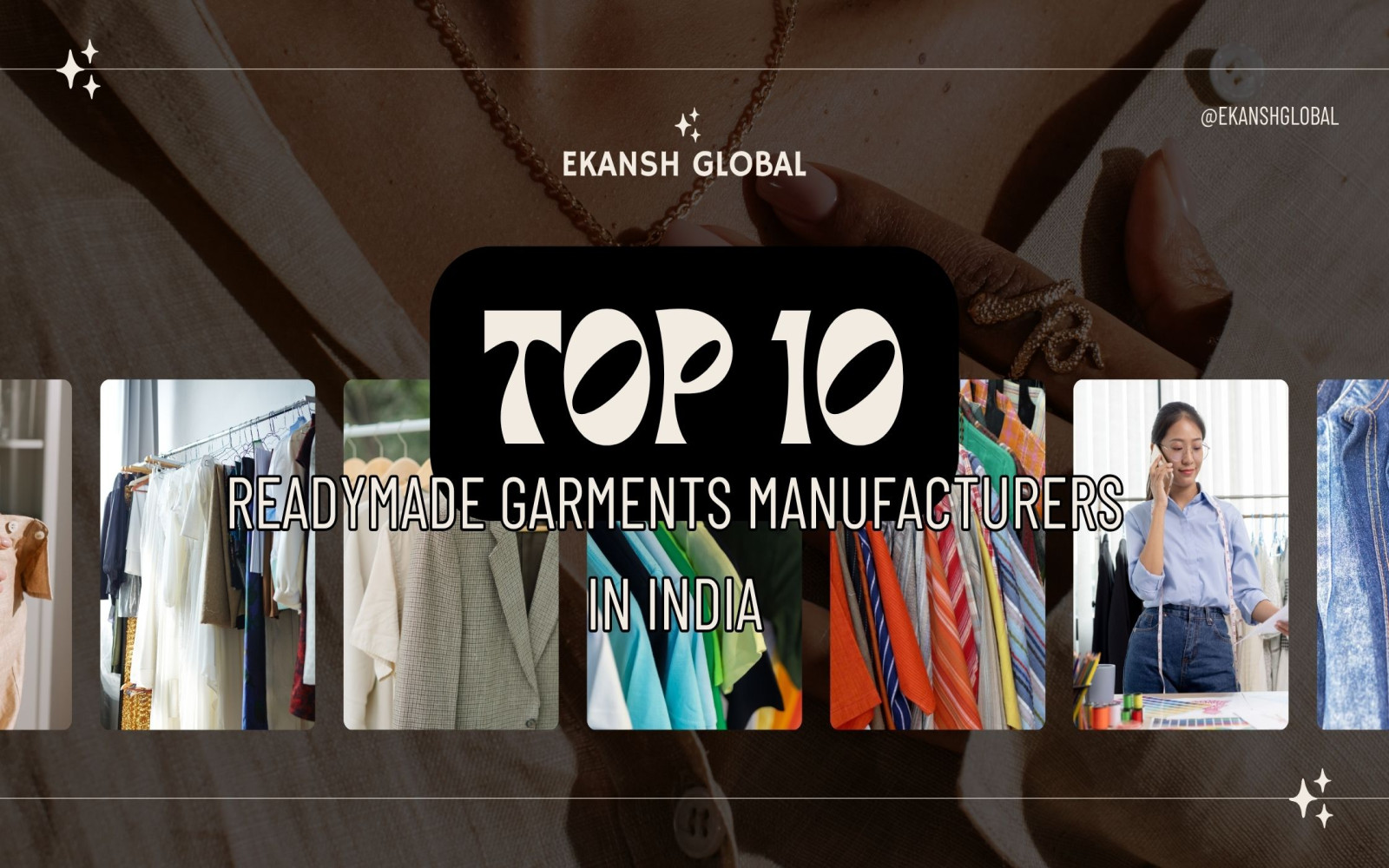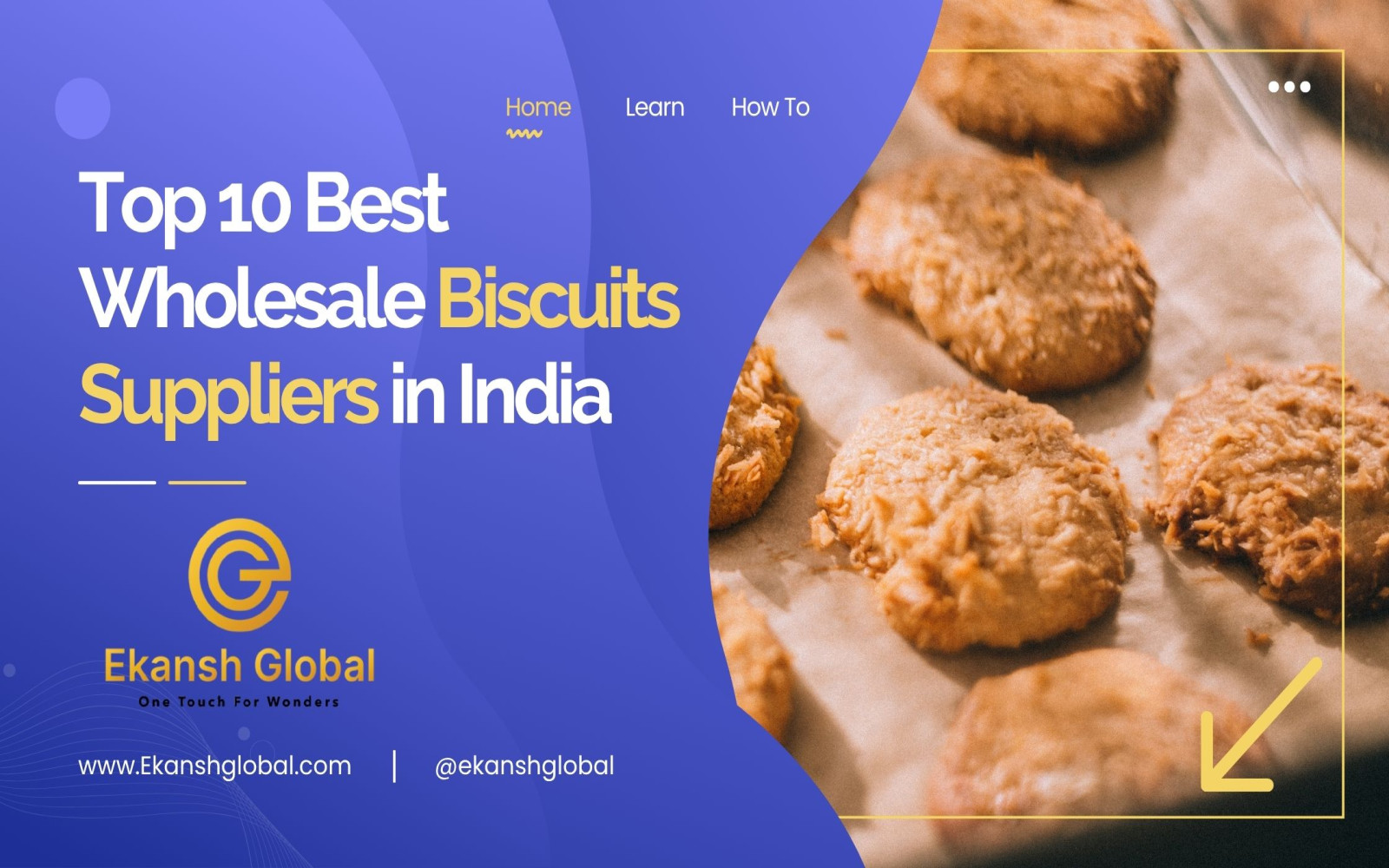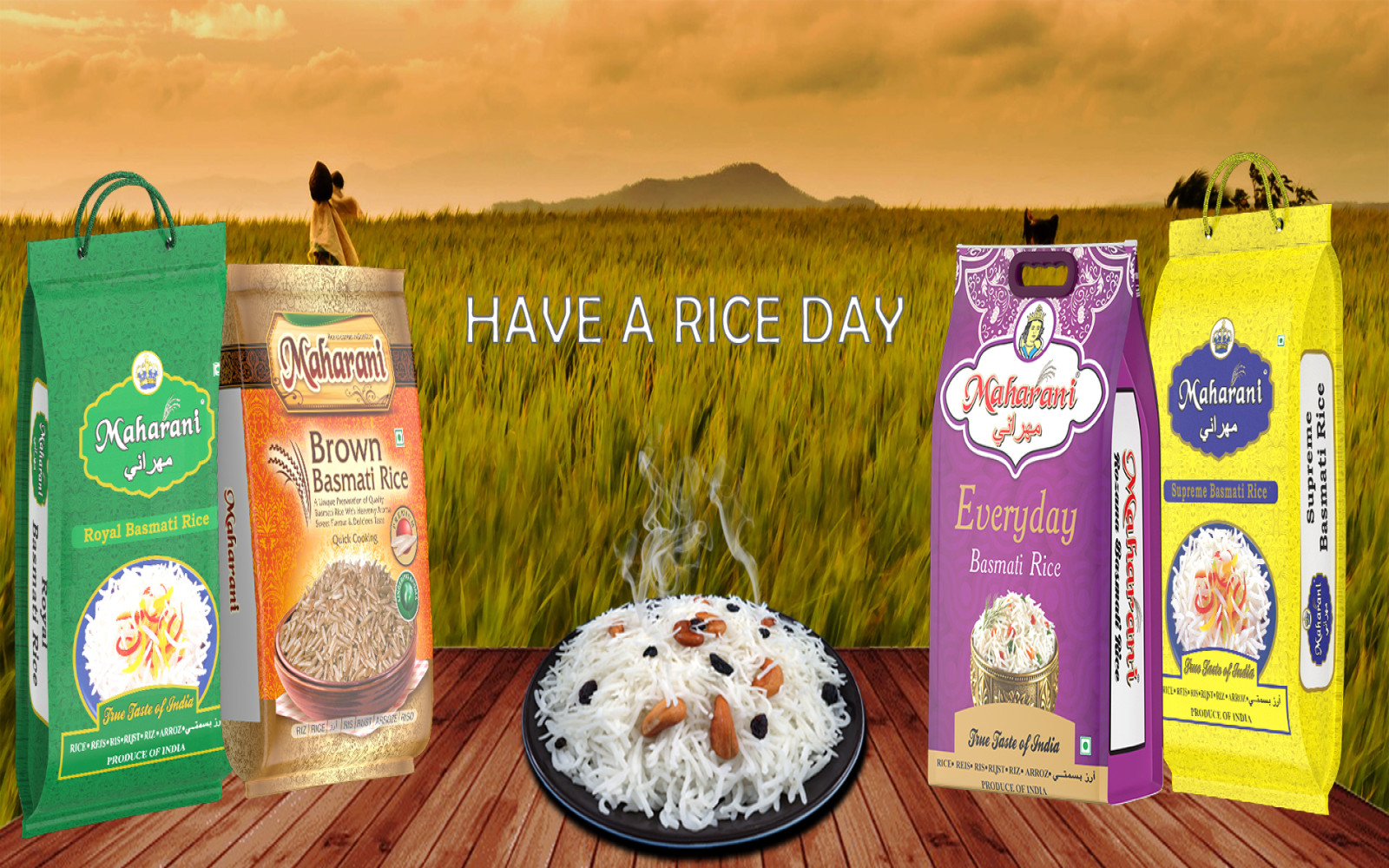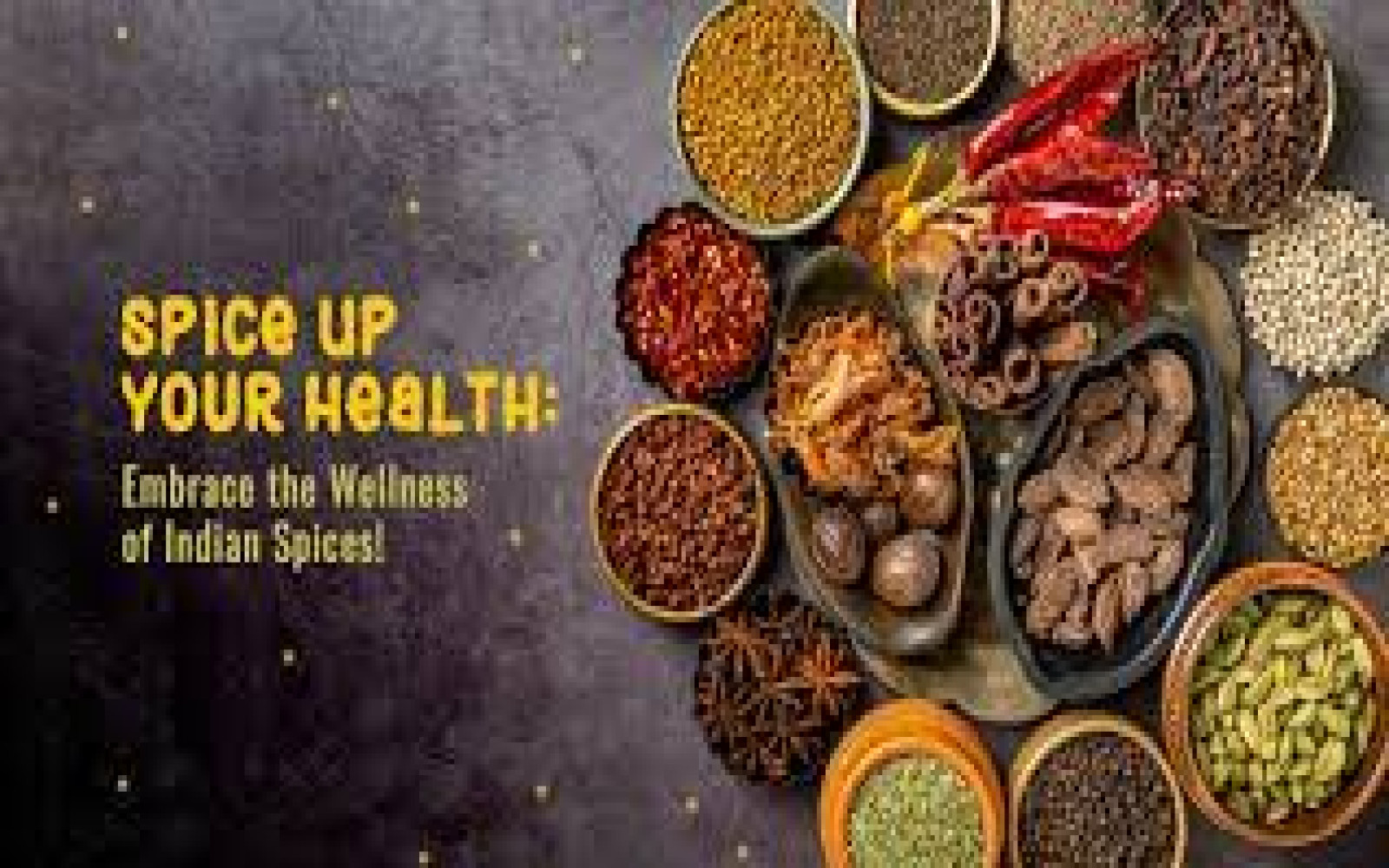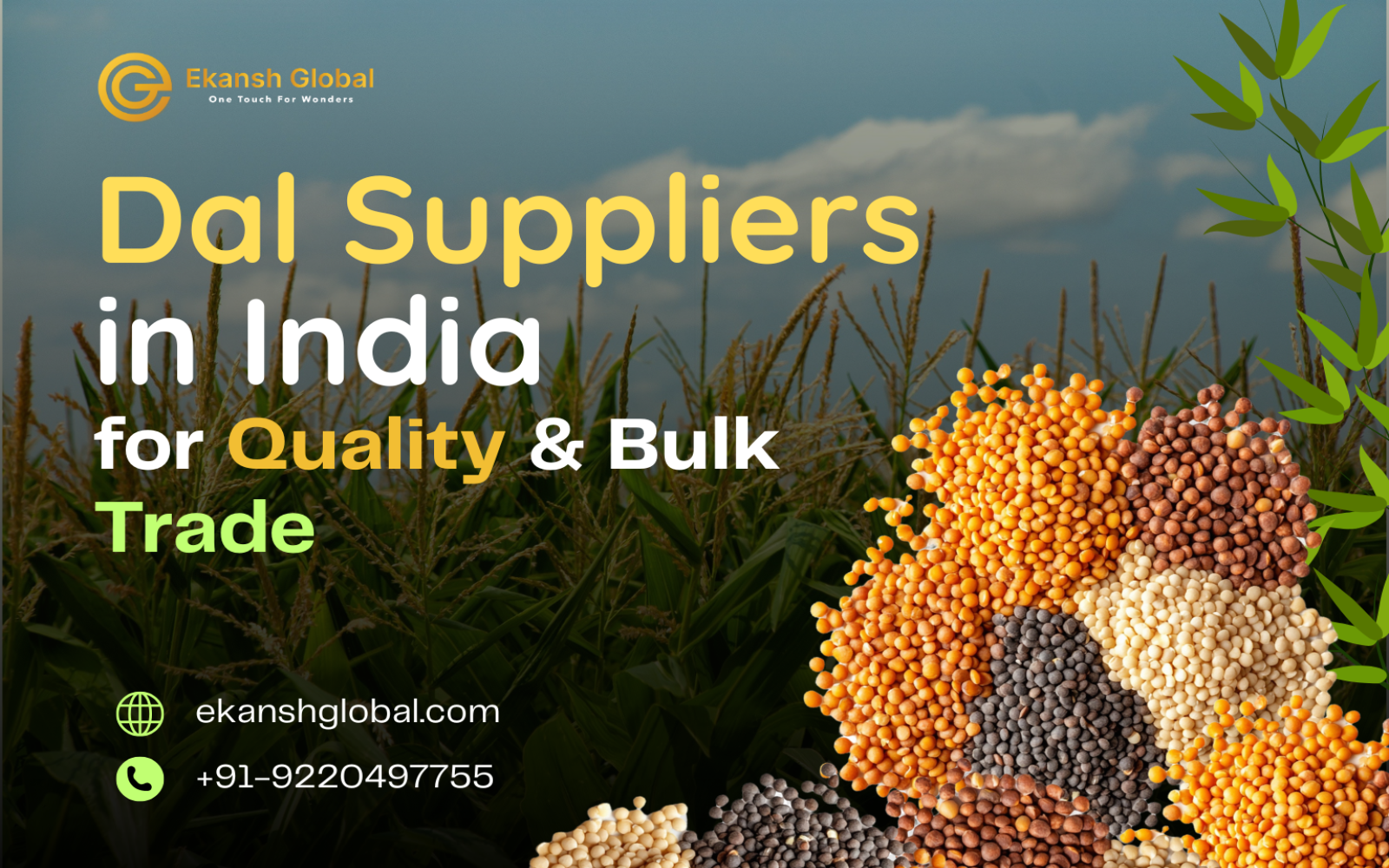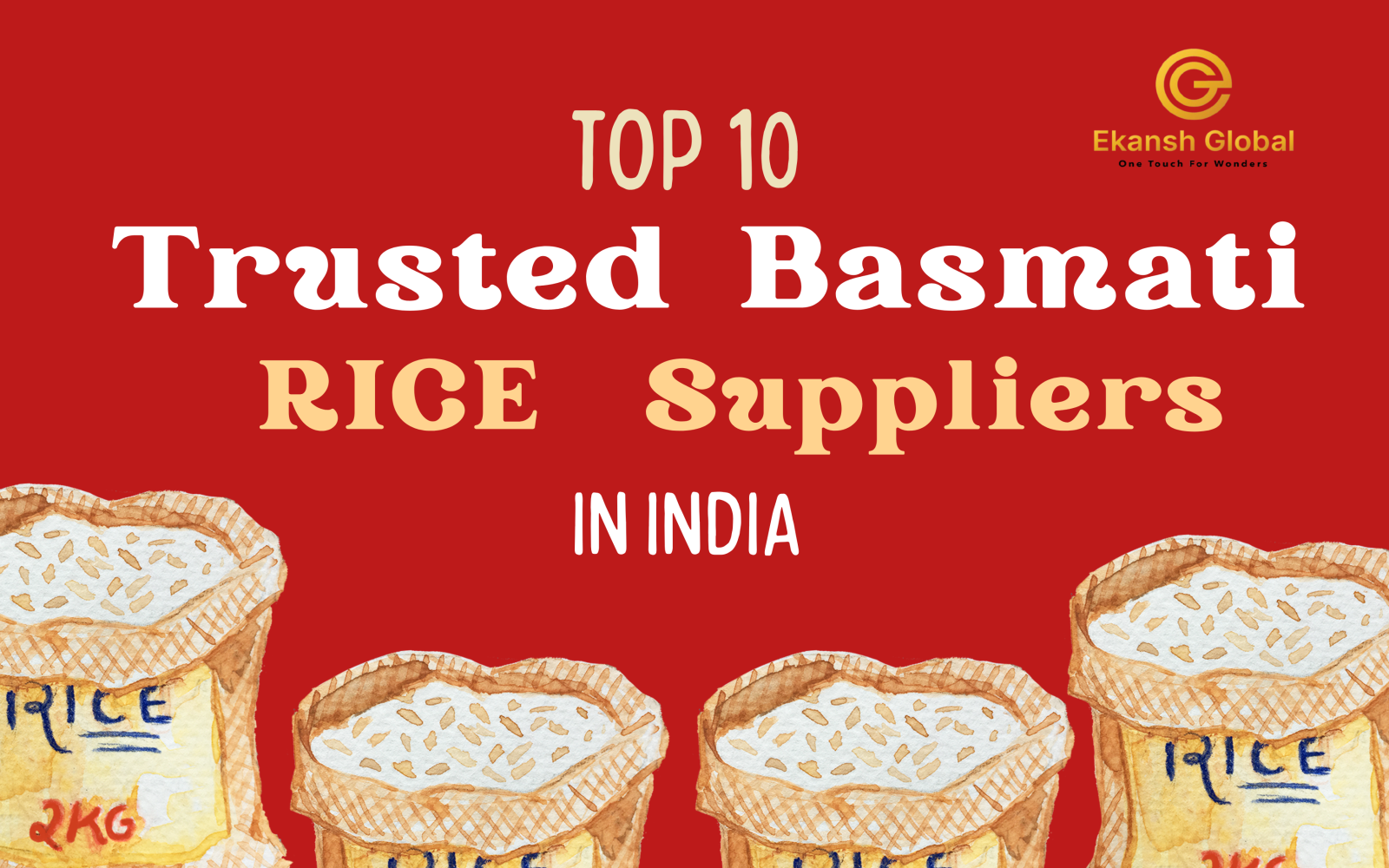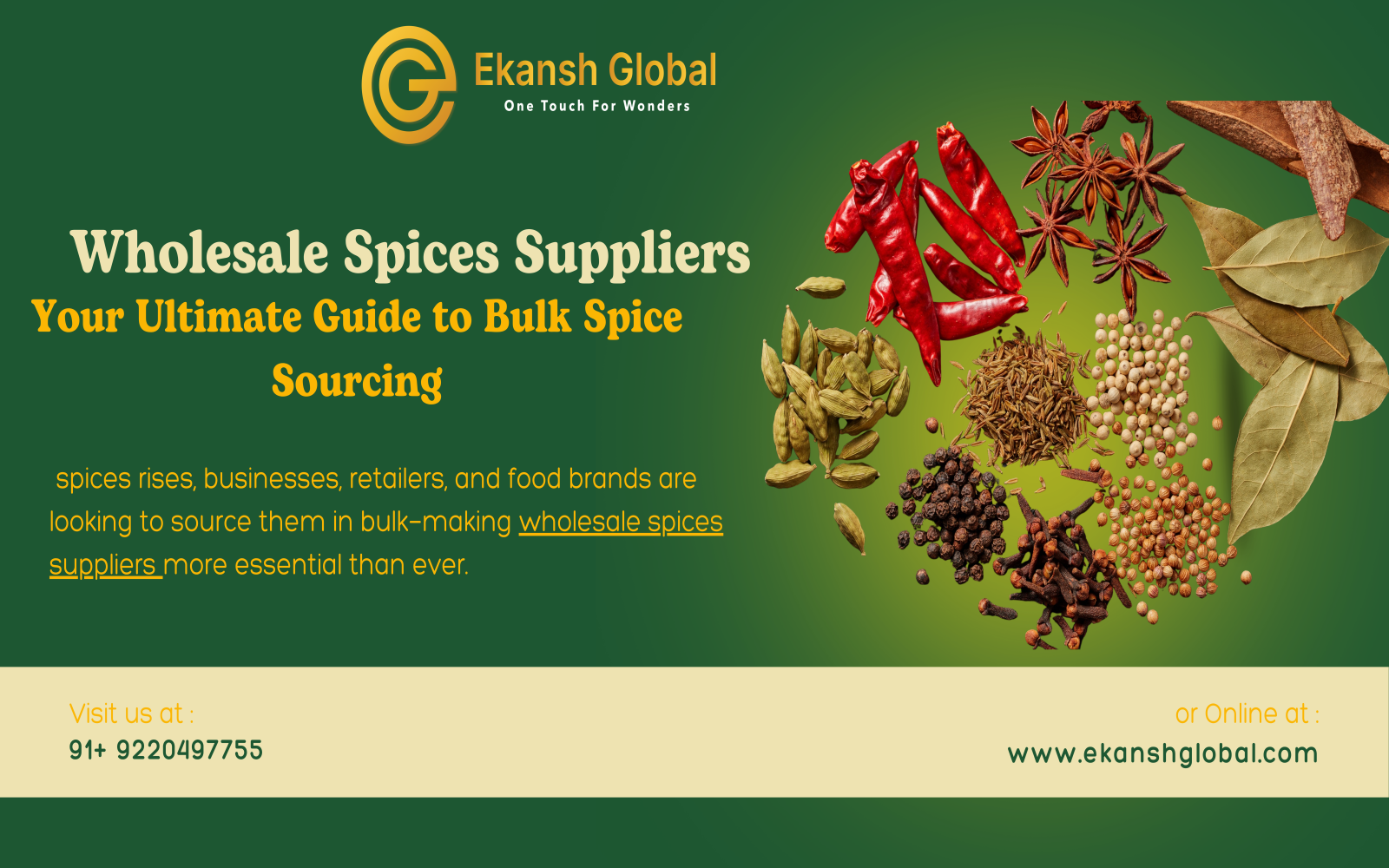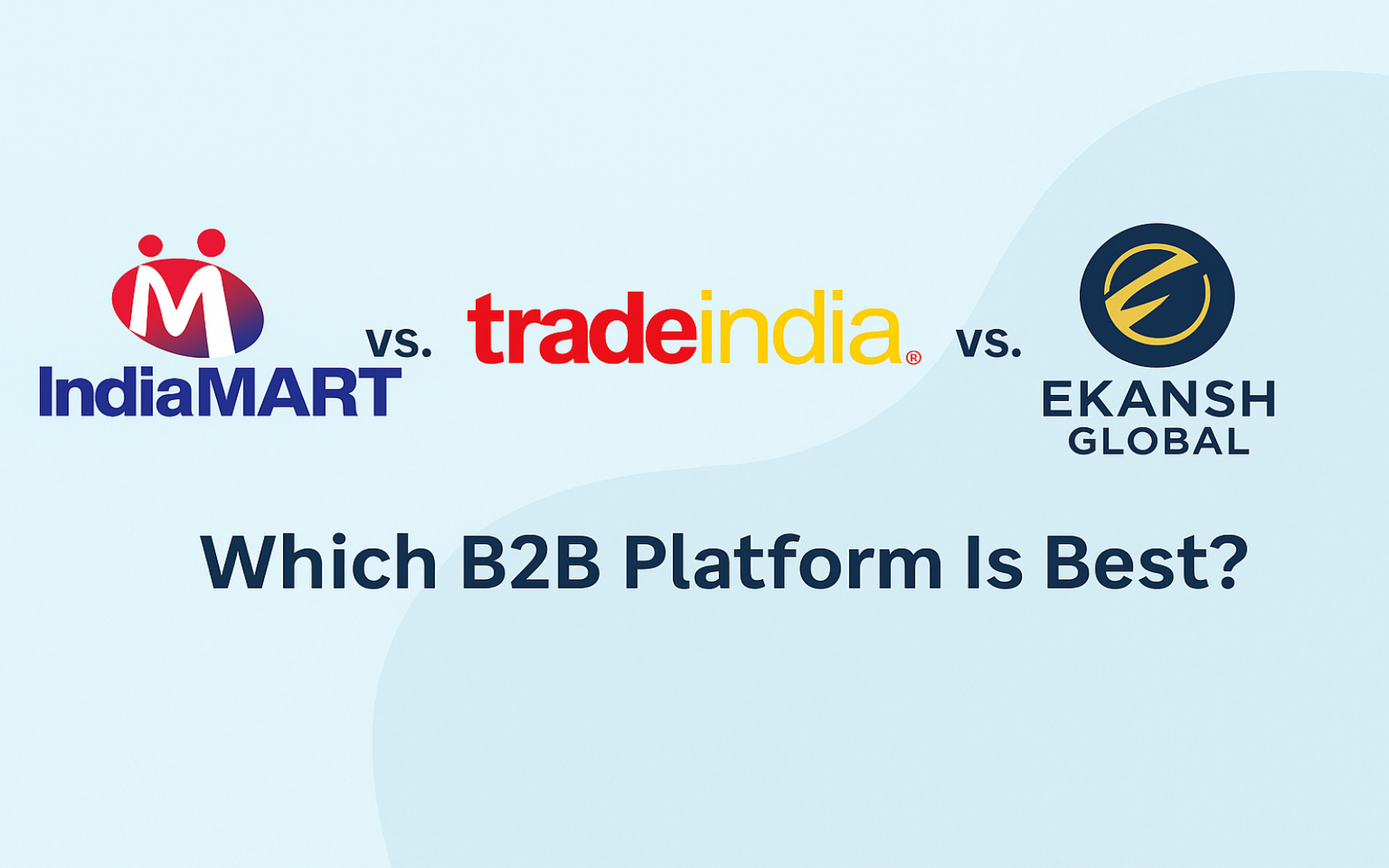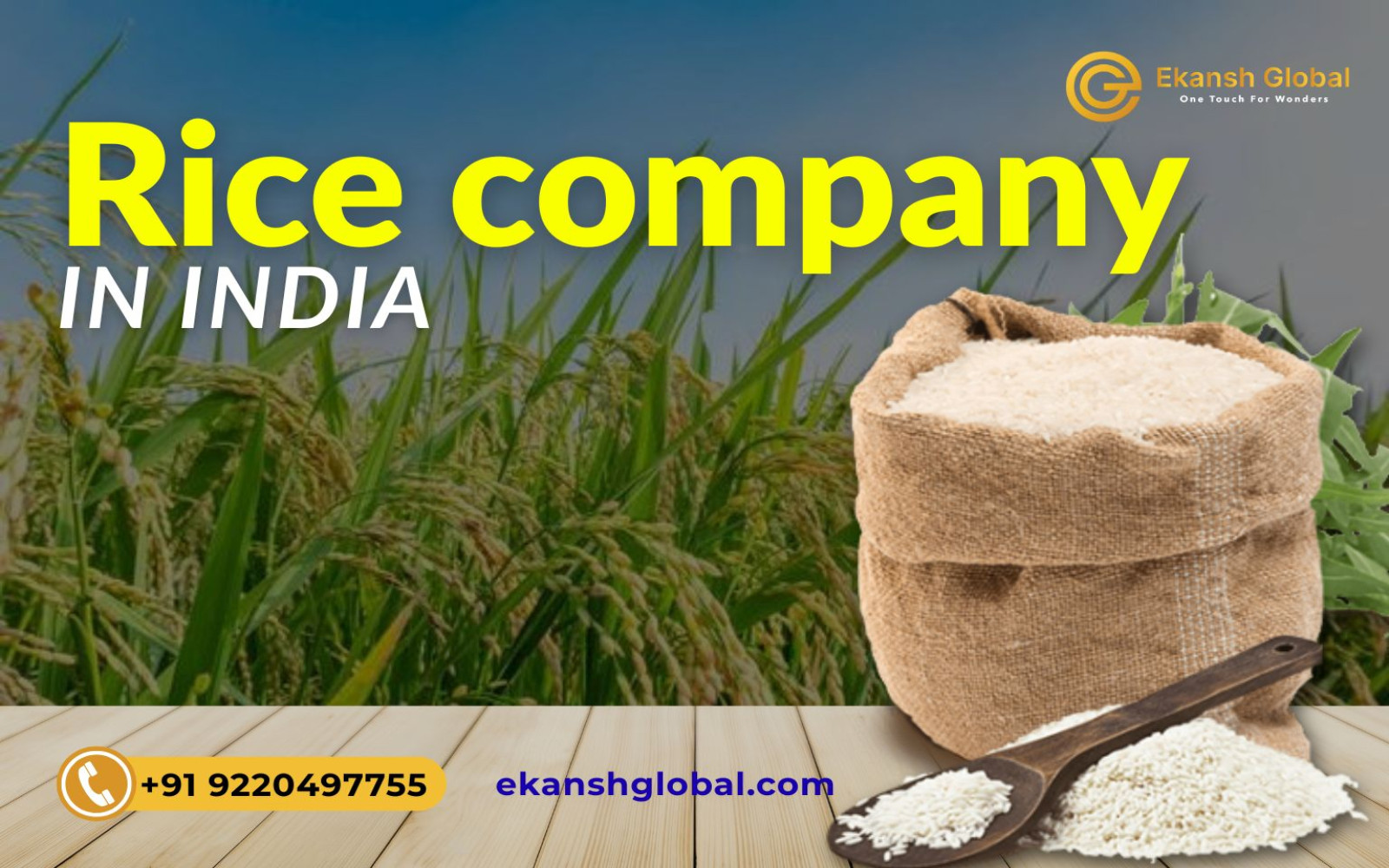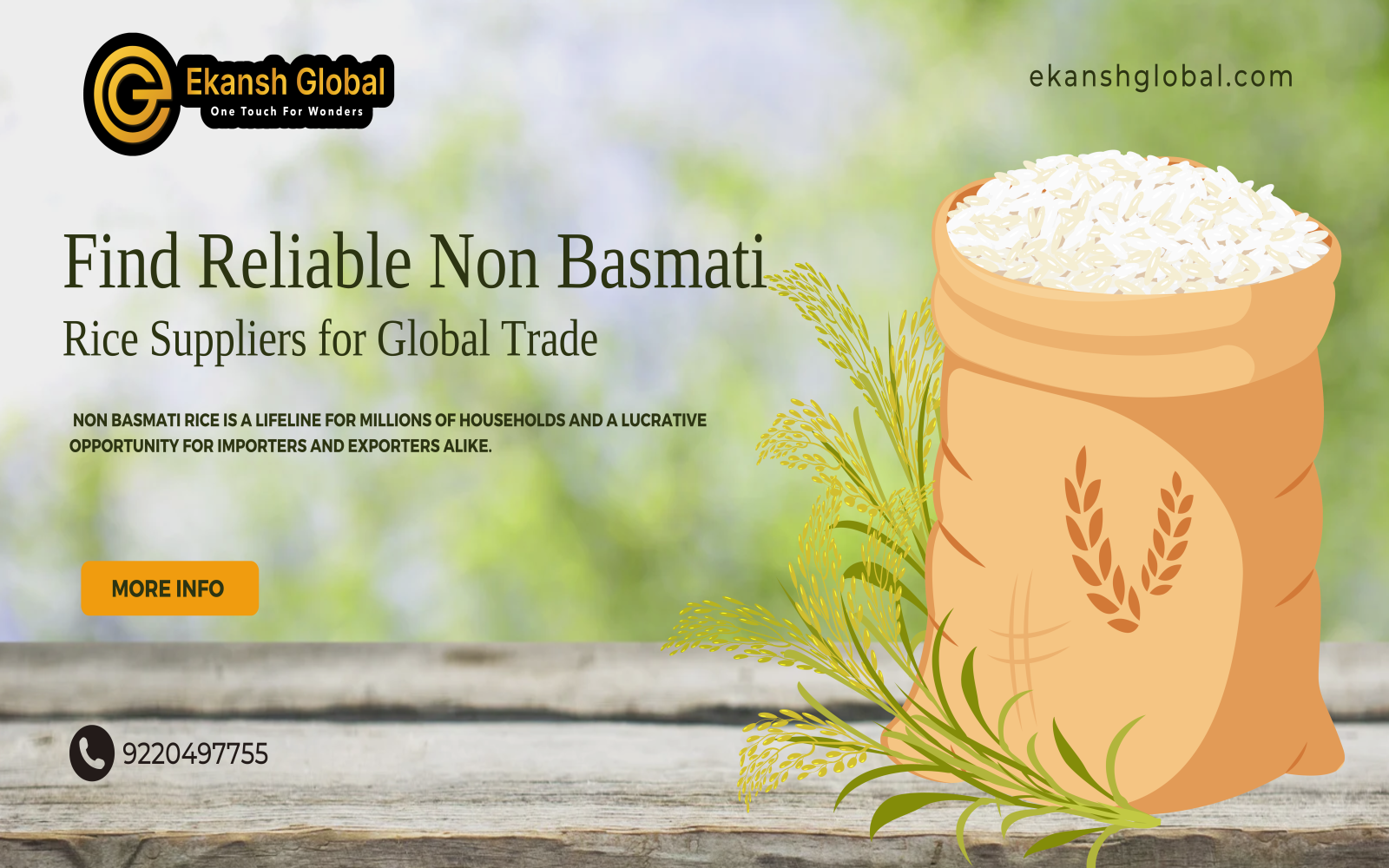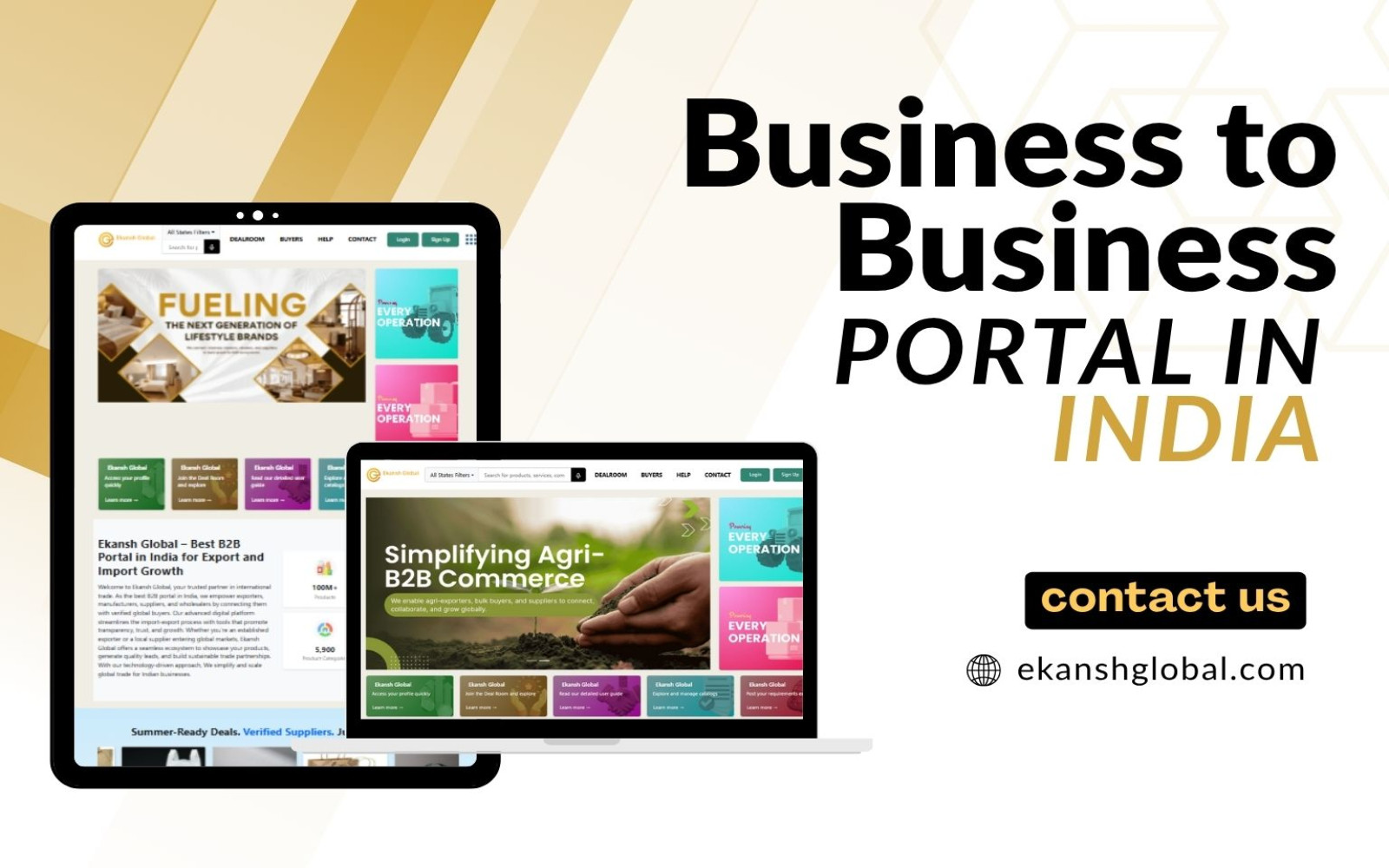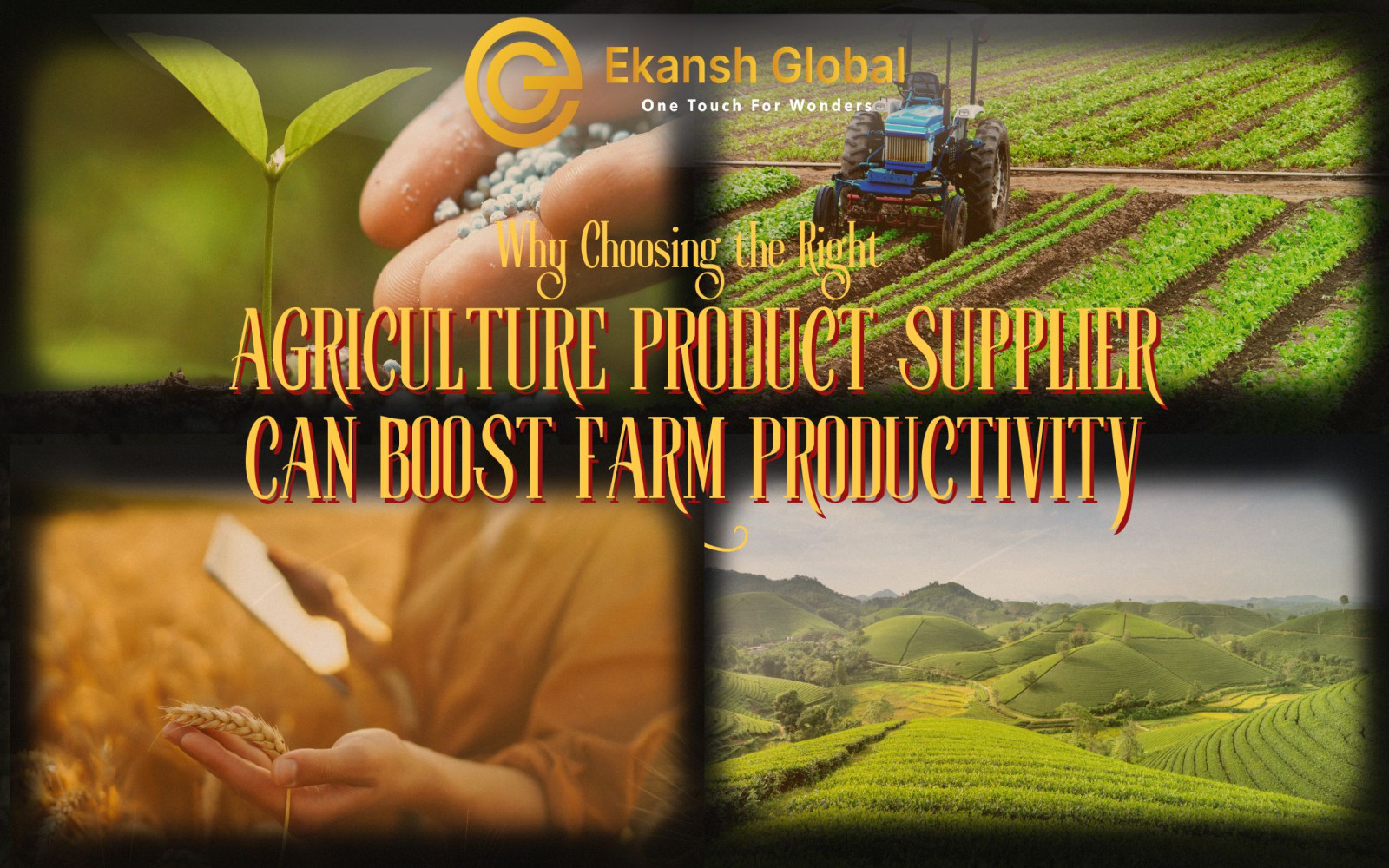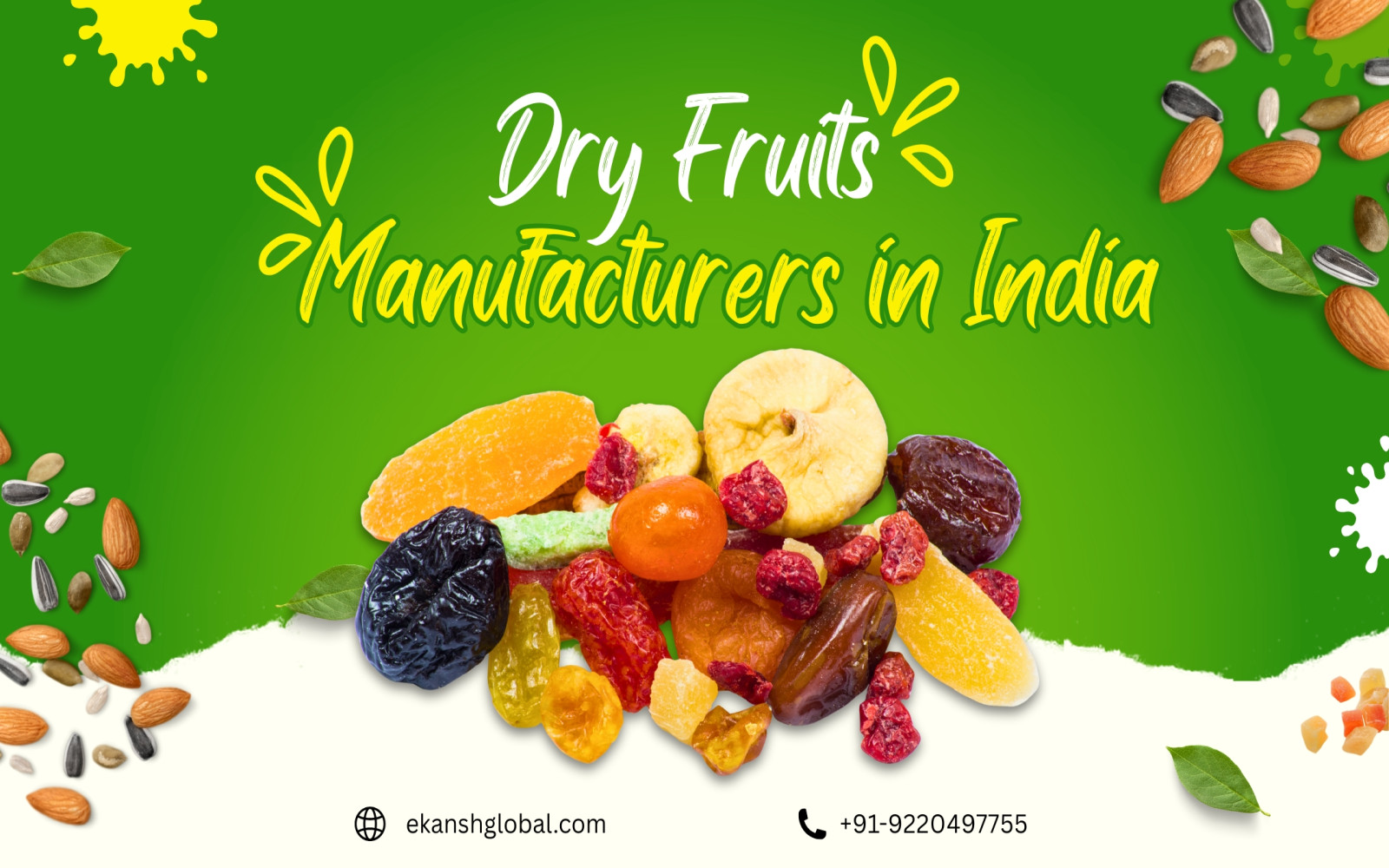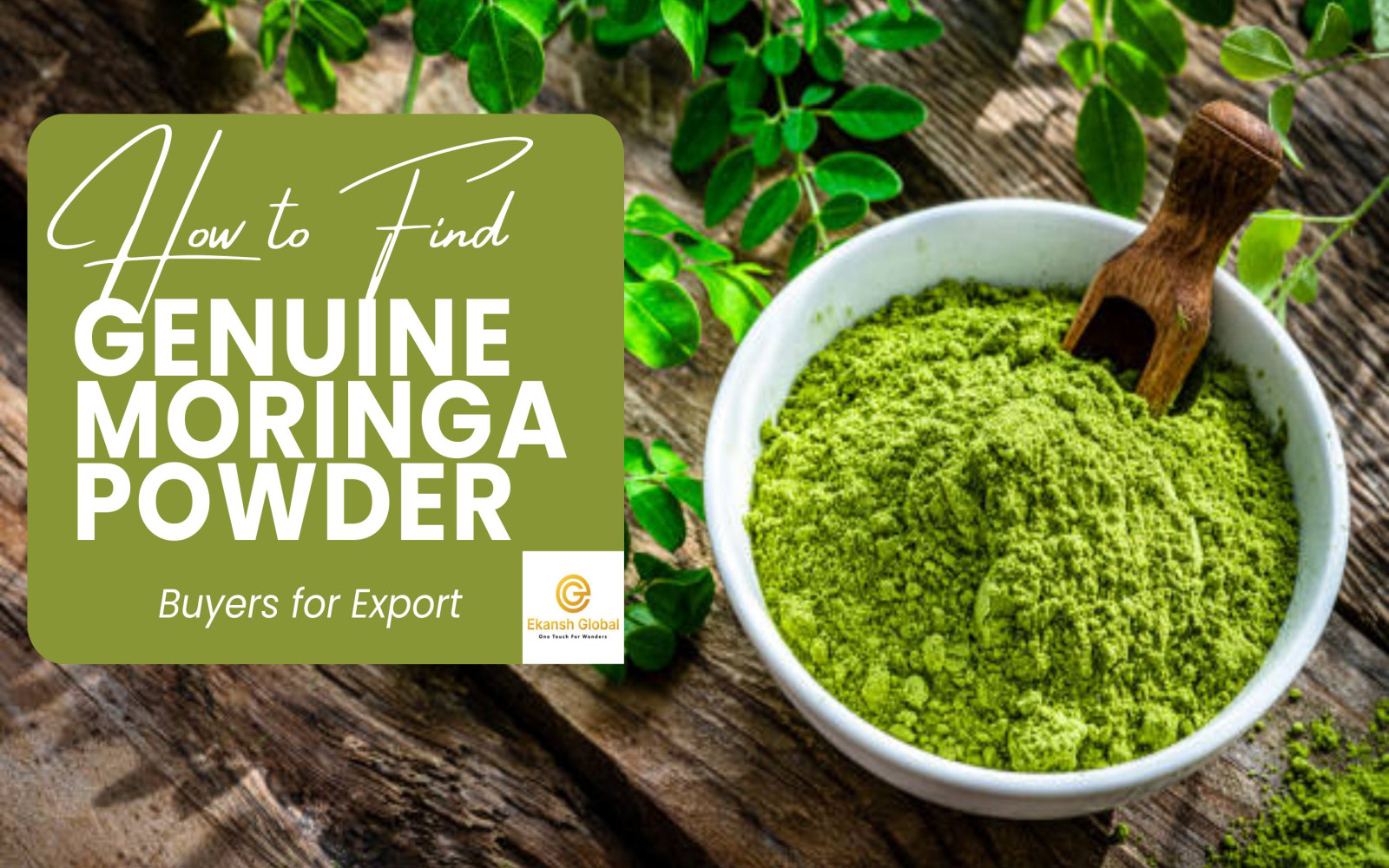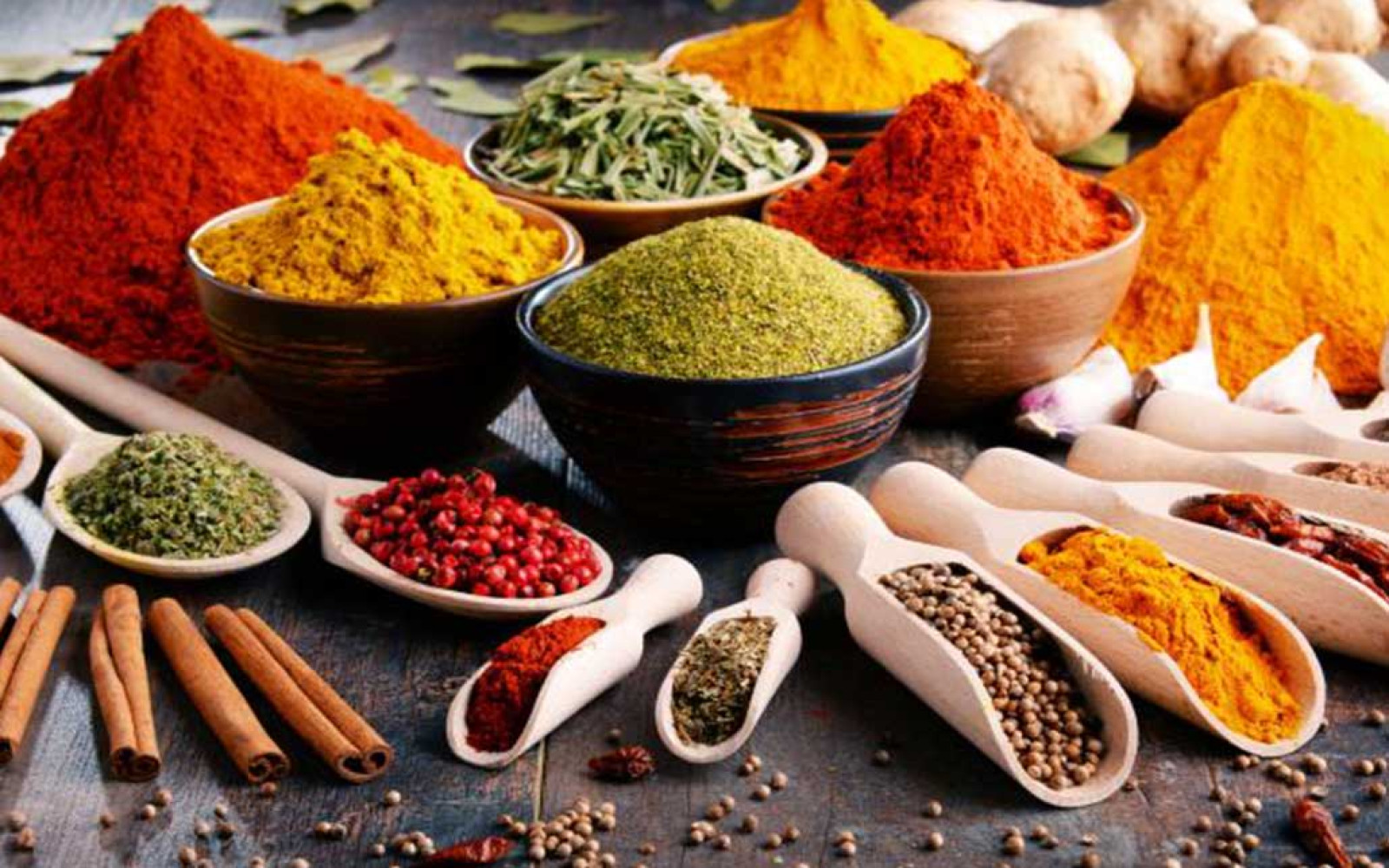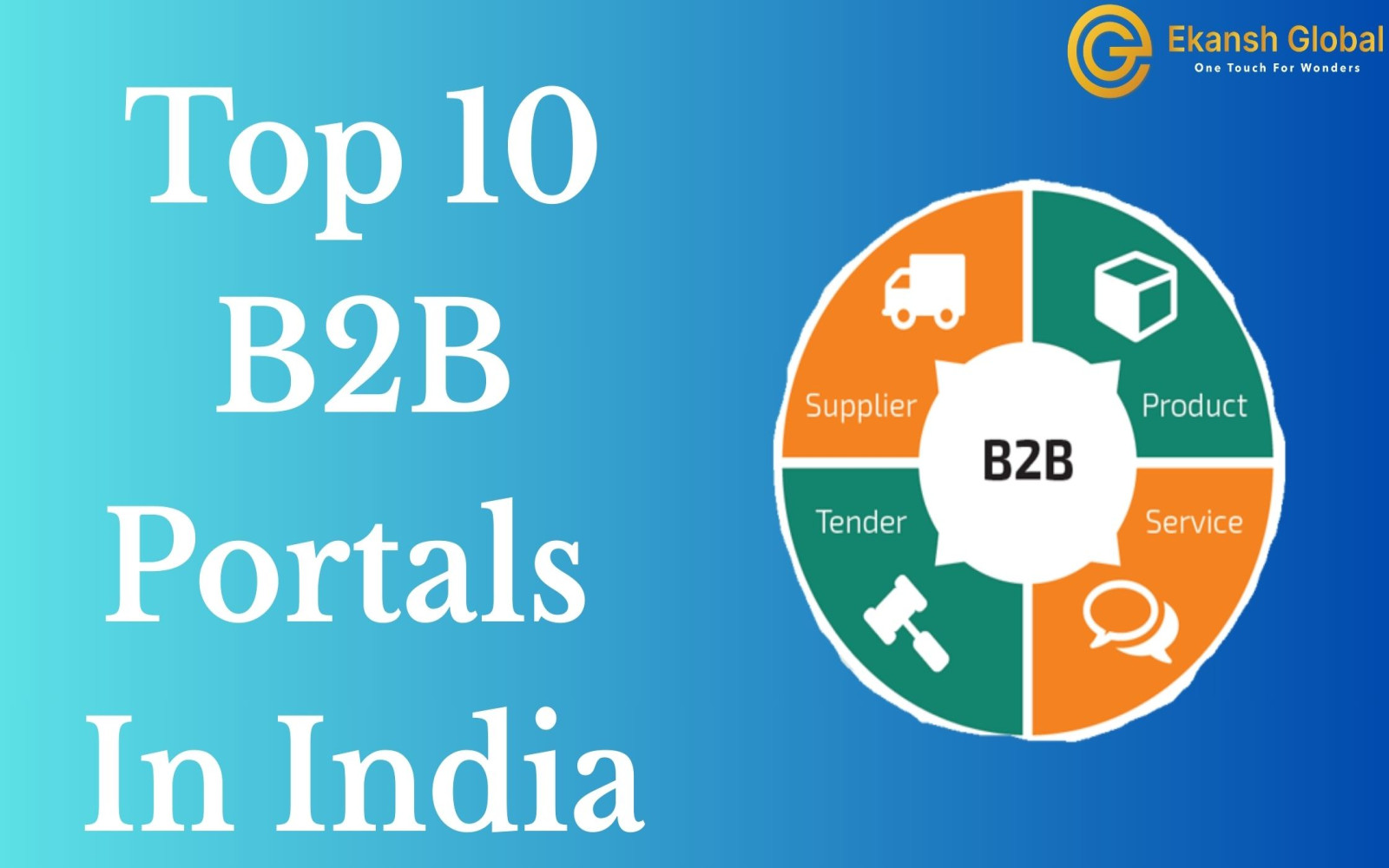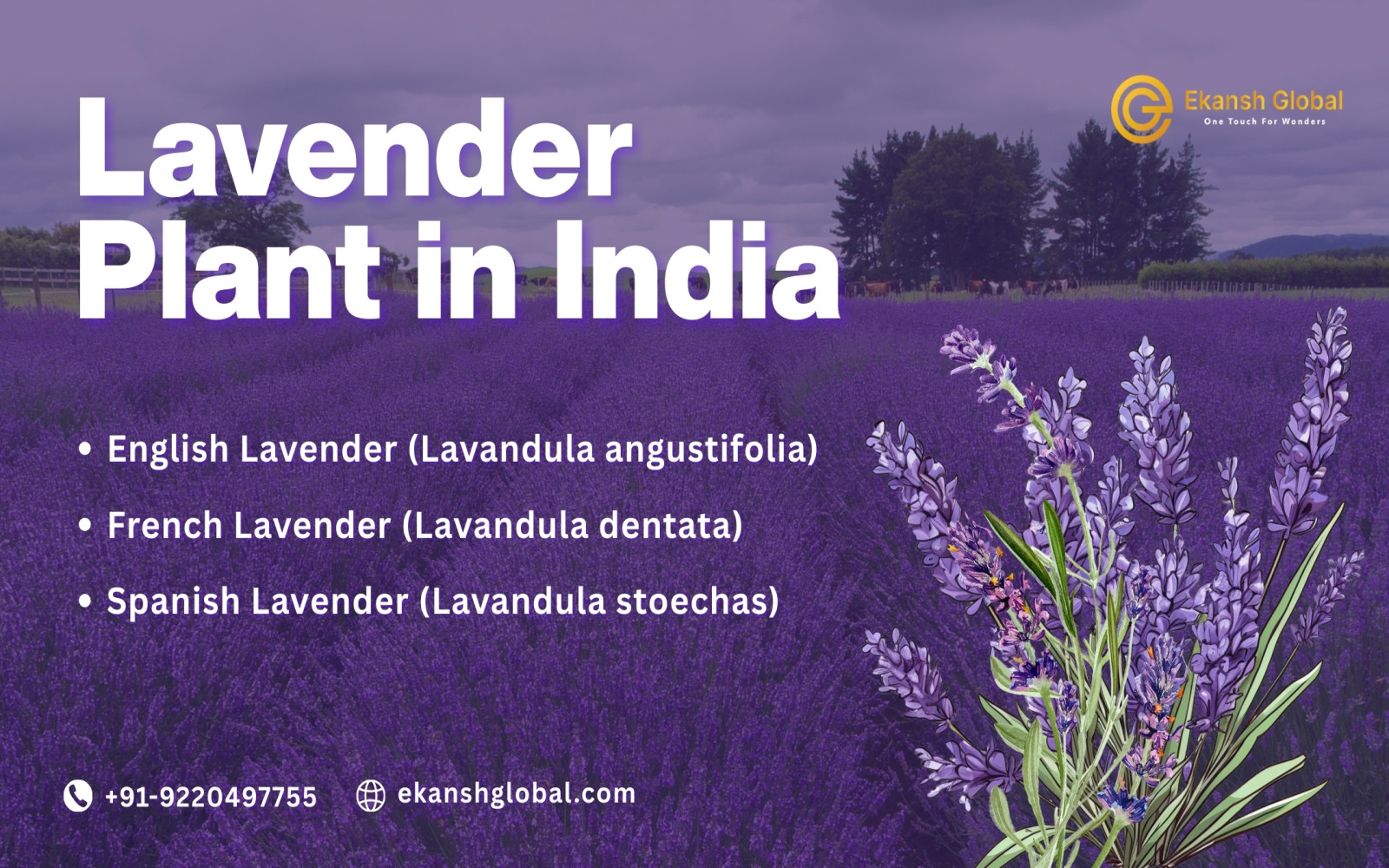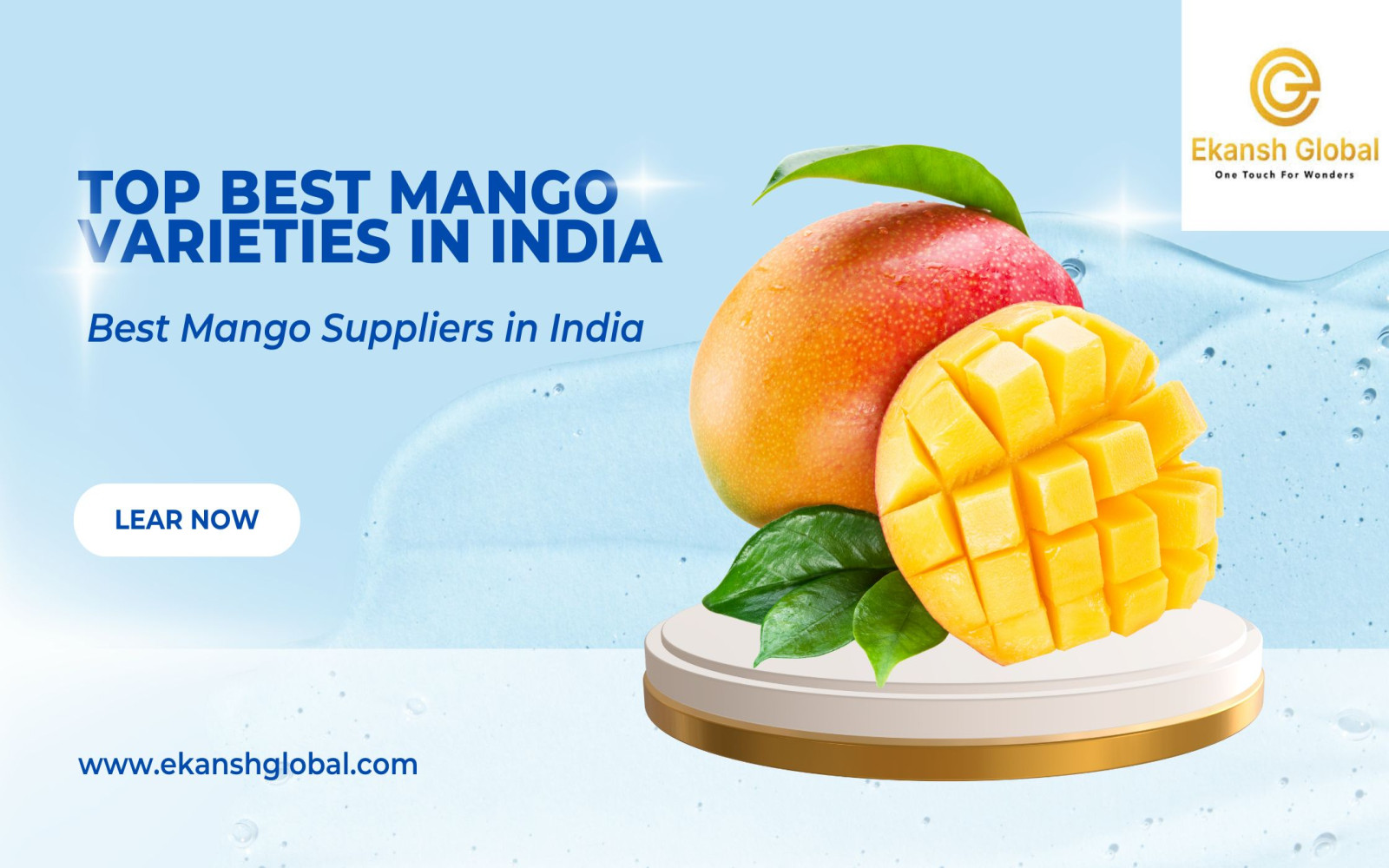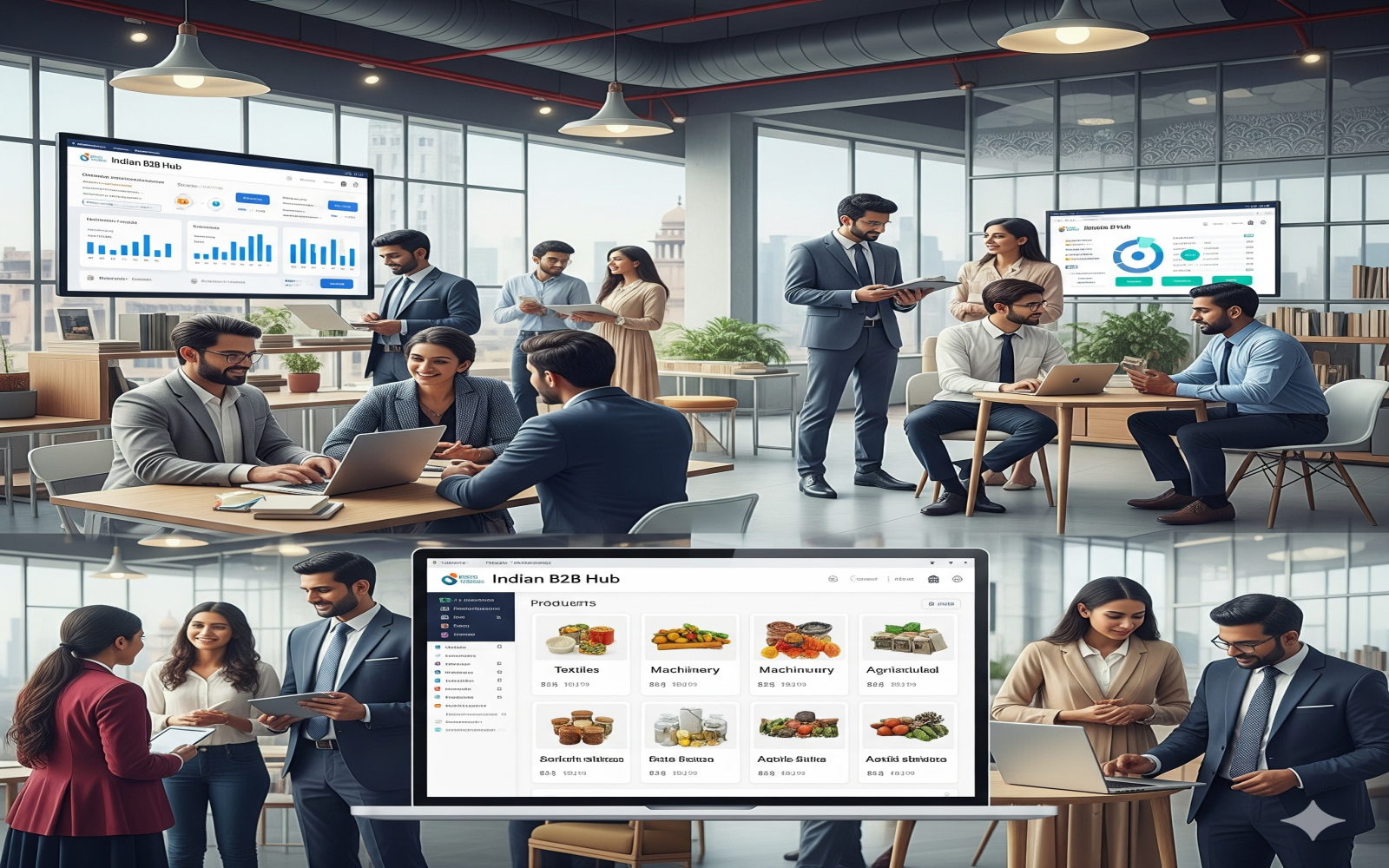Find Reliable Non Basmati Rice Suppliers for Global Trade
Posted By: Admin
Introduction – The Expanding Global Rice Trade
Rice is one of the most essential staple foods in the world, and while the fragrant Basmati variety often takes the spotlight, Non Basmati rice accounts for a much larger share of global trade. Affordable, versatile, and widely available, Non Basmati rice is a lifeline for millions of households and a lucrative opportunity for importers and exporters alike.
India, in particular, plays a dominant role in both Non Basmati rice exports and as one of the largest hubs for basmati rice suppliers in India. This dual strength allows international buyers to source multiple rice varieties from a single country — streamlining logistics, ensuring consistent quality, and maximizing trade efficiency.
For traders and wholesalers, finding reliable Non Basmati rice suppliers is not just a procurement decision — it’s a long-term strategic move that impacts brand reputation, customer satisfaction, and profitability.
Understanding Non Basmati Rice
Non Basmati rice refers to any variety that does not fall under the Basmati classification. While basmati rice suppliers focus on premium long-grain aromatic rice, Non Basmati exporters cater to markets that demand affordable medium or short-grain varieties. These rice types differ in aroma, texture, and grain length, but each serves a specific market niche.
Popular Non Basmati Rice Varieties for Export
1. IR64 Parboiled Rice
Grain Type: Medium grain
Markets: Africa and the Middle East
Benefits: Cost-effective, bulk-friendly, high yield.
2. Sona Masoori Rice
Grain Type: Lightweight medium grain with mild aroma
Markets: USA, Canada, Australia
Benefits: Healthy, easy to digest, popular in South Indian cuisine.
3. Ponni Rice
Grain Type: Medium grain, soft texture
Markets: Sri Lanka, Malaysia, Gulf countries
Benefits: Perfect for steaming, widely used in traditional dishes.
4. Parmal Rice
Grain Type: Medium to long grain
Markets: West Africa, South Asia
Benefits: Budget-friendly, versatile.
5. Red Matta Rice
Grain Type: Short reddish grain
Markets: Oman, Bahrain, Qatar
Benefits: High in fiber and nutrients, health-focused market appeal.
6. Broken Rice
Grain Type: Fragmented grains
Markets: Africa, Southeast Asia
Benefits: Extremely affordable, industrial and bulk food use.
India – The Global Leader in Rice Exports
India is the largest exporter of both Non Basmati and Basmati rice. This gives buyers an advantage when sourcing because they can work with suppliers who handle both categories.
Basmati Rice Suppliers in India are concentrated in Punjab, Haryana, and Uttar Pradesh.
Non Basmati Rice Suppliers are spread across Andhra Pradesh, Telangana, Chhattisgarh, and West Bengal.
Many basmati rice suppliers in India also diversify into Non Basmati varieties, allowing international importers to consolidate shipments and reduce costs.
Top Import Markets for Non Basmati Rice
Africa: Nigeria, Senegal, Ghana, Benin (high demand for IR64 and broken rice).
Middle East: UAE, Saudi Arabia, Oman, Kuwait (premium Ponni and parboiled rice).
Asia-Pacific: Malaysia, Indonesia, Sri Lanka (short and medium grain).
Western Countries: USA, UK, Canada, Australia (Sona Masoori and Ponni).
Why Choosing the Right Supplier is Crucial
A trusted supplier ensures:
Consistent grain quality
On-time delivery
Compliance with import regulations
Fair and stable pricing
Long-term business growth
For example, many reputable basmati rice suppliers also maintain high standards in Non Basmati rice production — giving importers confidence in overall product quality.
Key Factors in Selecting a Reliable Non Basmati Rice Supplier
Certifications: ISO, HACCP, FSSAI, APEDA registration.
Export Experience: At least 5–10 years in international trade.
Variety Range: Both Non Basmati and Basmati rice options for wider market reach.
Packaging Standards: Moisture-proof, pest-free, export-grade packaging.
Price Competitiveness: Transparent, stable pricing models.
Production Capacity: Ability to handle bulk orders without delays.
Reputation: Verified reviews, trade references, and past performance.
Challenges in Sourcing & Solutions
1. Quality Inconsistency
Solution: Request pre-shipment samples and third-party inspection reports.
2. Logistics Delays
Solution: Partner with suppliers who have established freight networks.
3. Price Fluctuations
Solution: Lock in long-term contracts during stable market periods.
4. Fraud Risks
Solution: Work only with verified exporters — many reliable basmati rice suppliers in India also follow strict verification processes for Non Basmati trade.
Role of B2B Portals
Platforms like Ekansh Global, Alibaba, and TradeIndia connect buyers with verified rice exporters. Many listings include both Non Basmati and Basmati rice suppliers, making them ideal for consolidated sourcing.
Advantages:
Verified profiles
Product catalogs
Trade history transparency
Secure payment options
Direct negotiations
Authenticity Verification Checklist
Verify business registration and export licenses.
Check certifications (ISO, HACCP, APEDA).
Request product samples.
Review trade references.
If possible, visit facilities.
Future Trends in Non Basmati Rice Trade
The Non Basmati rice trade is evolving rapidly as global demand patterns shift, technology advances, and sustainability becomes a key focus in agricultural exports. Importers, exporters, and even basmati rice suppliers in India are adapting to new practices that ensure long-term competitiveness in the market. The following trends are shaping the future of this industry:
1. Organic Rice Exports Gaining Traction
Health-conscious consumers across the globe are increasingly demanding organic rice that is free from chemical pesticides, synthetic fertilizers, and genetically modified seeds. While organic Basmati rice has already gained popularity in Western markets, organic Non Basmati rice is now emerging as a viable alternative for buyers in North America, Europe, and parts of Asia.
Exporters who invest in organic farming certifications such as USDA Organic, EU Organic, and India Organic can command higher prices and target premium retail segments. This trend also aligns with global movements towards clean-label foods and sustainable agriculture, offering long-term export growth potential.
2. Eco-Friendly Packaging in Demand
Sustainability is no longer optional — it’s becoming a requirement in global food trade. Many importers now prefer rice packaged in biodegradable jute bags, compostable materials, or recyclable plastics to reduce environmental impact.
Eco-friendly packaging not only appeals to environmentally aware consumers but also helps exporters meet government regulations and retail chain standards in countries like the UK, Germany, and Australia. This shift is pushing suppliers — both Non Basmati and basmati rice suppliers — to redesign their packaging strategies for export readiness.
3. Blockchain-Based Supply Tracking for Transparency
The future of global rice trade lies in transparency and traceability. Blockchain technology allows every step of the rice supply chain — from farm cultivation to milling, packaging, and final delivery — to be recorded and verified in an immutable digital ledger.
This benefits both importers and consumers by:
Preventing food fraud and mislabeling.
Guaranteeing the authenticity of origin.
Ensuring compliance with international quality standards.
Several leading basmati rice suppliers in India have already started using blockchain systems for exports, and Non Basmati rice exporters are expected to follow suit to meet the growing demands of transparency-focused buyers.
4. AI-Powered Supplier-Buyer Matching on B2B Platforms
With the rise of digital trade portals like Ekansh Global, Alibaba, and TradeIndia, the process of finding reliable Non Basmati rice suppliers is becoming faster and more efficient. Artificial Intelligence (AI) algorithms are now being used to:
Analyze buyer needs and match them with the most suitable suppliers.
Predict demand trends in specific markets.
Suggest optimal shipping routes and cost-saving strategies.
For exporters, AI tools can identify potential buyers in untapped regions, while buyers can avoid unreliable sources and connect only with verified Non Basmati and basmati rice suppliers who meet their requirements.
The Outlook
These future trends indicate that quality, sustainability, and technology adoption will define the next era of Non Basmati rice trade. Exporters who adapt early — whether by going organic, switching to eco-friendly packaging, integrating blockchain, or using AI for market connections — will have a significant competitive edge in the global marketplace.
Conclusion – Reliable Supply Equals Trade Success
The Non Basmati rice market offers huge potential for importers worldwide. By sourcing from verified suppliers — especially those with a proven track record as basmati rice suppliers in India — traders can ensure consistent quality, smooth logistics, and competitive pricing.
In global trade, trust and relationships matter as much as the product itself. Whether you’re building a rice distribution network in Africa, supplying retail markets in the Middle East, or targeting health-conscious buyers in Western countries, the right supplier partnership will determine your long-term success.


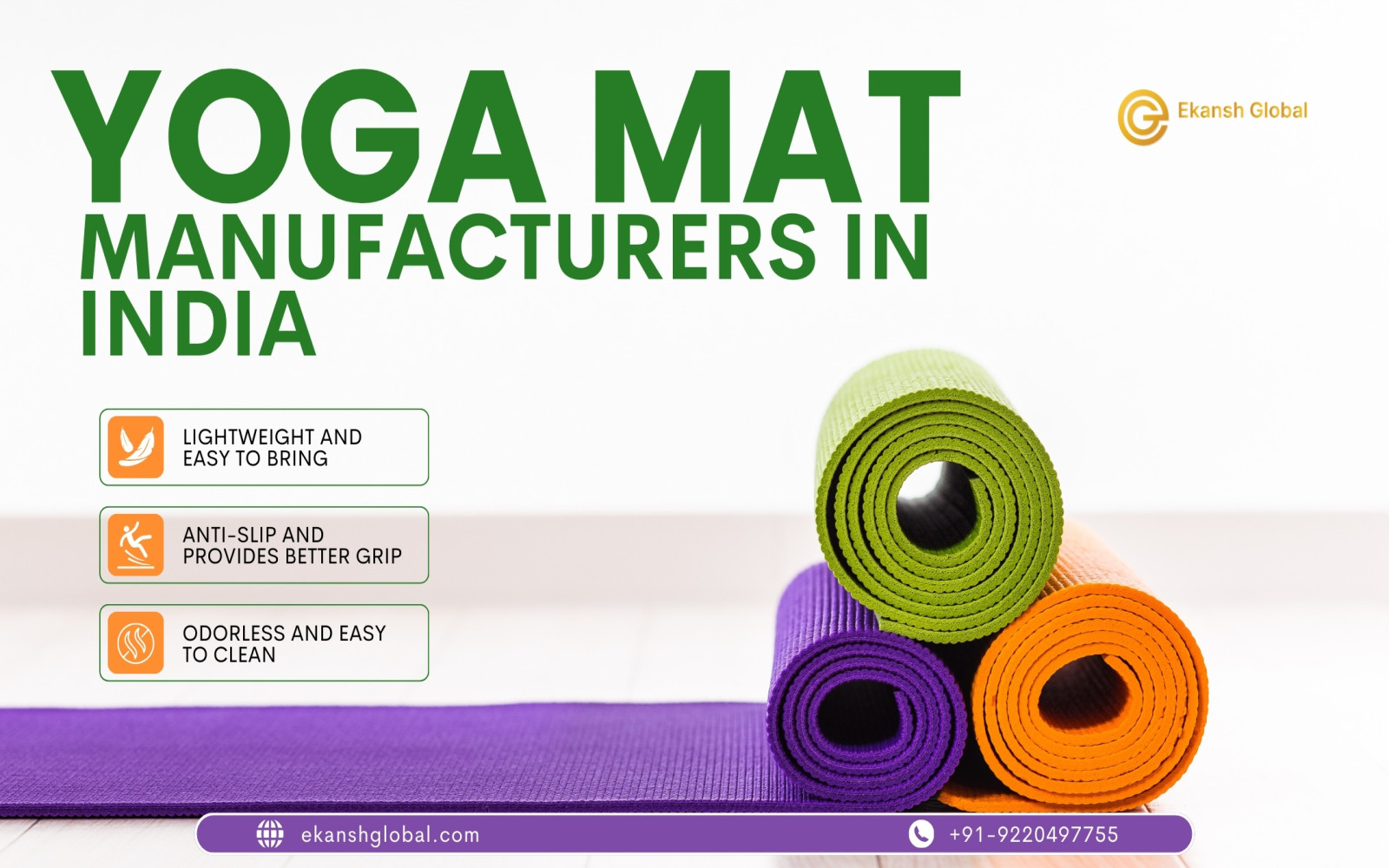

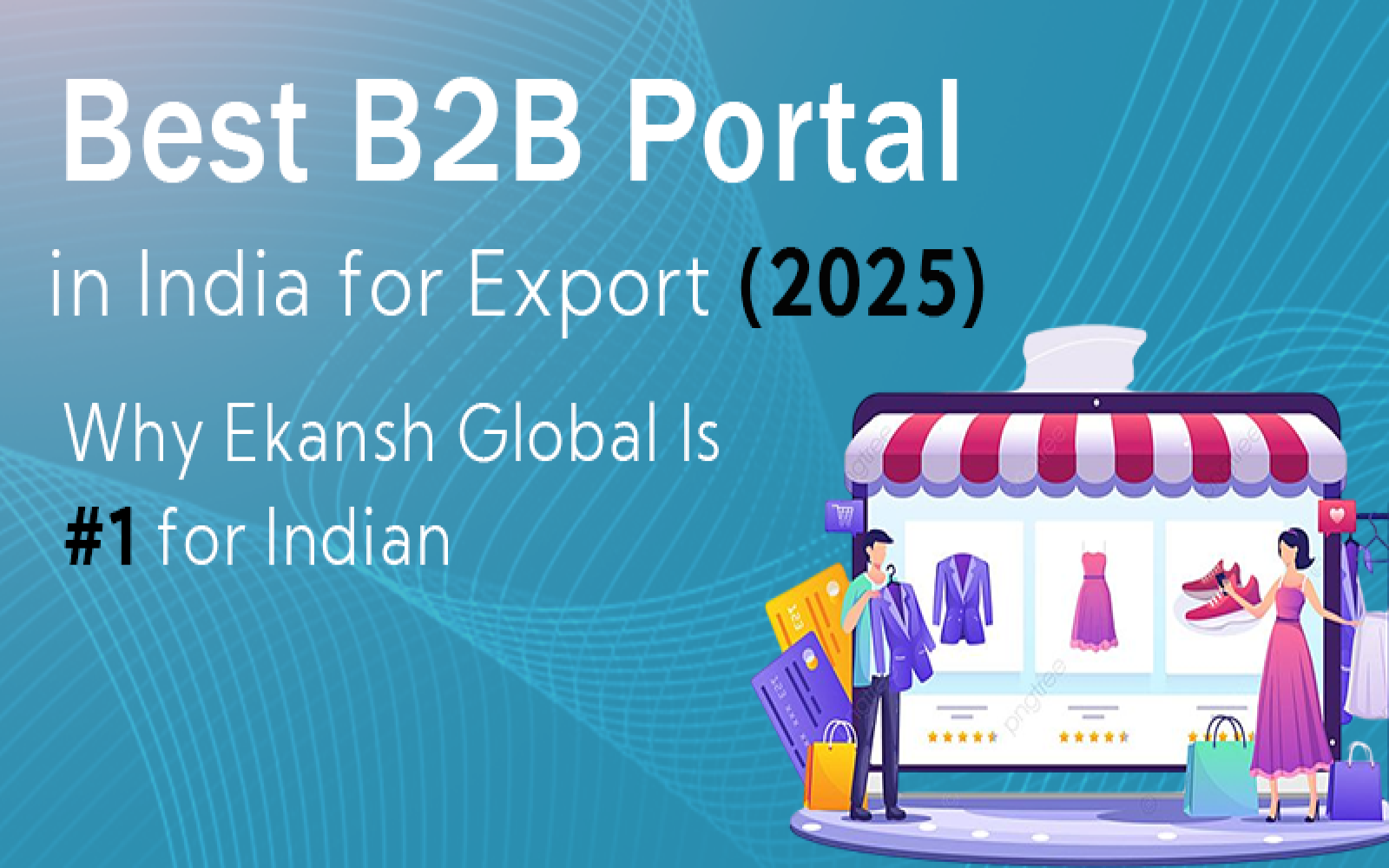

About Me

Ekansh Global Private Limited connects Indian products with global buyers, offering reliable export-import services to simplify and support safe, successful international trade for businesses worldwide.
EKANSH GLOBAL
Categories
- Agriculture
- Apparel & Fashion
- Auto & Automobile Accessories
- Construction & Building Material
- Gifts & Crafts
- Health & Beauty
- Home Supply
- Industrial Machinery
- Industrial Supplies
- Kitchen Utensils & Appliances
- Lab Instruments & Suppliers
- Leather
- Natural Stone
- Office Supplies
- Packaging & Paper
- Plastic
- Textiles & Fabrics
- Tools & Equipment
- F.M.C.G
- Ayurvedic and Herbal product
- Sports Goods / Equipment
- Stationery Products





